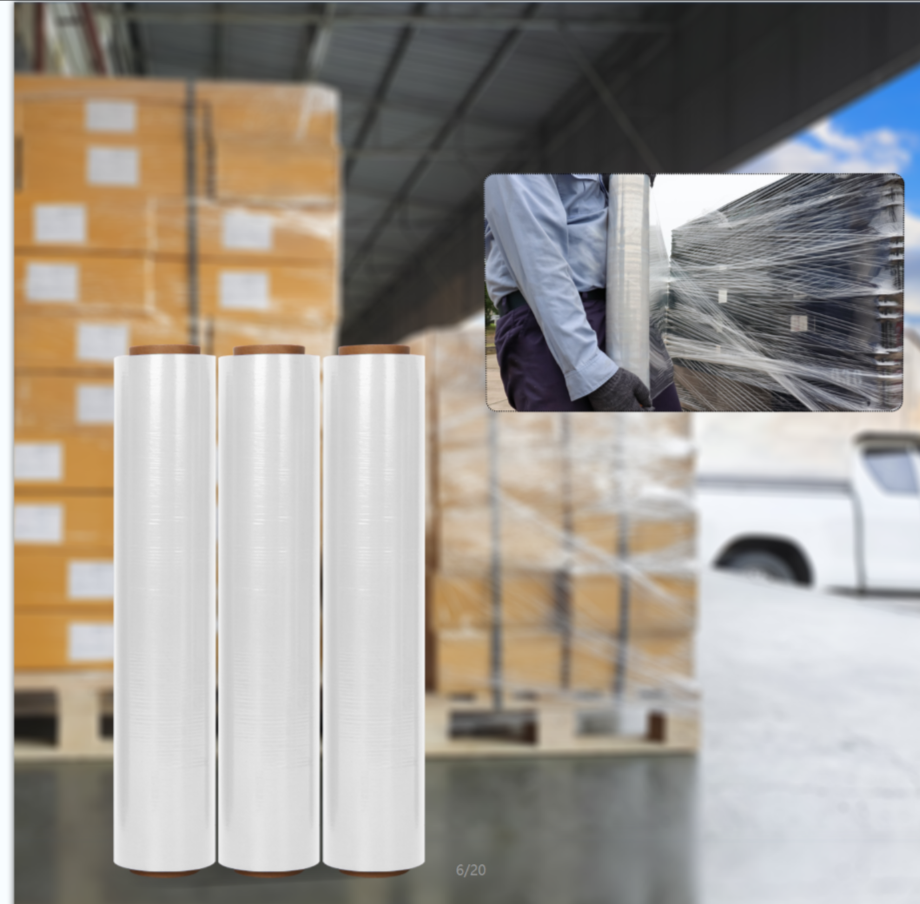Eco-Friendly Disposable Trash Bags for Convenient Waste Management Solutions
The Importance of Disposable Dustbin Bags in Modern Waste Management
In the contemporary world, waste management has become an increasingly pressing issue as urbanization and consumerism generate vast amounts of trash. Among the solutions that streamline this crucial aspect of daily life, disposable dustbin bags play a vital role. These bags not only facilitate the efficient disposal of waste but also promote hygiene and environmental responsibility. This article will explore the benefits, types, and sustainable practices associated with disposable dustbin bags.
Convenience and Hygiene
One of the primary advantages of disposable dustbin bags is the convenience they provide. In households, offices, and public spaces, these bags are essential for maintaining cleanliness. They serve as a barrier between waste and the dustbin, preventing unpleasant odors and the growth of bacteria. When the bag is full, it can simply be tied shut and removed, minimizing direct contact with waste materials. This feature is particularly important in settings such as kitchens where food scraps can lead to unhygienic conditions if not managed properly.
Furthermore, in public areas like parks and streets, having accessible disposable dustbin bags encourages people to dispose of their waste properly. This not only helps in keeping these spaces clean but also fosters a culture of responsibility among the community regarding waste disposal.
Variety and Versatility
Disposable dustbin bags come in a variety of sizes, materials, and colors to meet diverse needs. For instance, there are small bags designed for bathroom bins, medium-sized ones for kitchen trash, and larger options for industrial settings. Some bags are made from thicker materials that can handle heavier loads, while others are biodegradable, making them an eco-friendly choice.
Moreover, colored bags can help in waste segregation, allowing users to easily sort recyclables from non-recyclables. This is particularly useful in initiatives aimed at reducing landfill usage and promoting recycling, as it encourages consumers to think about their waste more thoughtfully.
disposable dustbin bags

Environmental Impact and Sustainability
While disposable dustbin bags are undeniably useful, their environmental impact cannot be overlooked. Traditional plastic bags contribute to pollution and have a long decomposition time in landfills. This has led to a significant push for more sustainable alternatives. Many manufacturers now offer biodegradable or compostable dustbin bags made from plant-based materials that break down more quickly and have a lower environmental impact.
The adoption of these eco-friendly options is crucial as it aligns with global efforts to reduce plastic waste and combat climate change. Consumers are becoming more aware of their choices and are increasingly opting for products that contribute to sustainability. By selecting biodegradable dustbin bags, individuals can actively participate in reducing their carbon footprint and supporting environmentally responsible practices.
The Future of Disposable Dustbin Bags
As we look ahead, the future of disposable dustbin bags seems to be leaning toward more innovative and sustainable solutions. Research and development in material science are paving the way for new types of biodegradable materials that can provide the same strength and durability as traditional plastic without the lengthy decomposition process.
Moreover, the integration of smart technology in waste management systems can also enhance the usability of dustbin bags. For example, smart bins equipped with sensors can notify users when they are full, prompting timely disposal and minimizing overflow situations.
Conclusion
Disposable dustbin bags are an essential component of modern waste management, providing convenience, hygiene, and organization. As our awareness of environmental issues grows, so does the need for sustainable options within this product category. By opting for biodegradable or compostable bags, we can contribute to a cleaner planet. The evolution of disposable dustbin bags reflects a broader shift toward sustainability, making them not just a practical item in our daily lives, but also a critical part of our commitment to preserving the environment for future generations. As we embrace these products, we are also choosing to be responsible stewards of the Earth, one bag at a time.
-
Stretch Film Solutions: A Comprehensive GuideNewsJun.03,2025
-
Stretch and Shrink Packaging SolutionsNewsJun.03,2025
-
Revolutionizing Packaging with Modern Wrapping SolutionsNewsJun.03,2025
-
Innovative Solutions for Silage and Window TintingNewsJun.03,2025
-
Efficient Packing with Stretch Wrap SolutionsNewsJun.03,2025
-
Effective Packaging with Stretch Wrap SolutionsNewsJun.03,2025
-
Have the freedom of customizing your custom mailers any way you want! Our dedicated packaging support will help deliver you the mailing experience you need to elevate your shipping experience to the next level! Start making a strong impression on your customers and stand out from your competitors! -
LIYA uses high quality raw materials which directly purchased from large enterprises domestic and overseas such as PetroChina, Sinopec, Sabic, Equate, ExxonMobil, Dow Chemical, Total, and Borouge, ensuring the price advantage and quality of the raw materials. -
LIYA uses high quality raw materials which directly purchased from large enterprises domestic and overseas such as PetroChina, Sinopec, Sabic, Equate, ExxonMobil, Dow Chemical, Total, and Borouge, ensuring the price advantage and quality of the raw materials.





